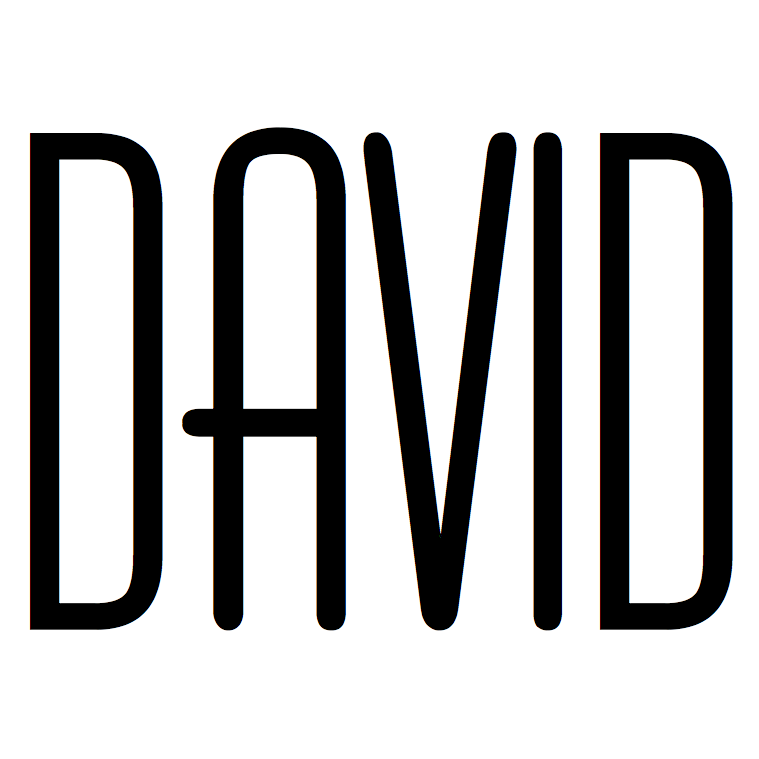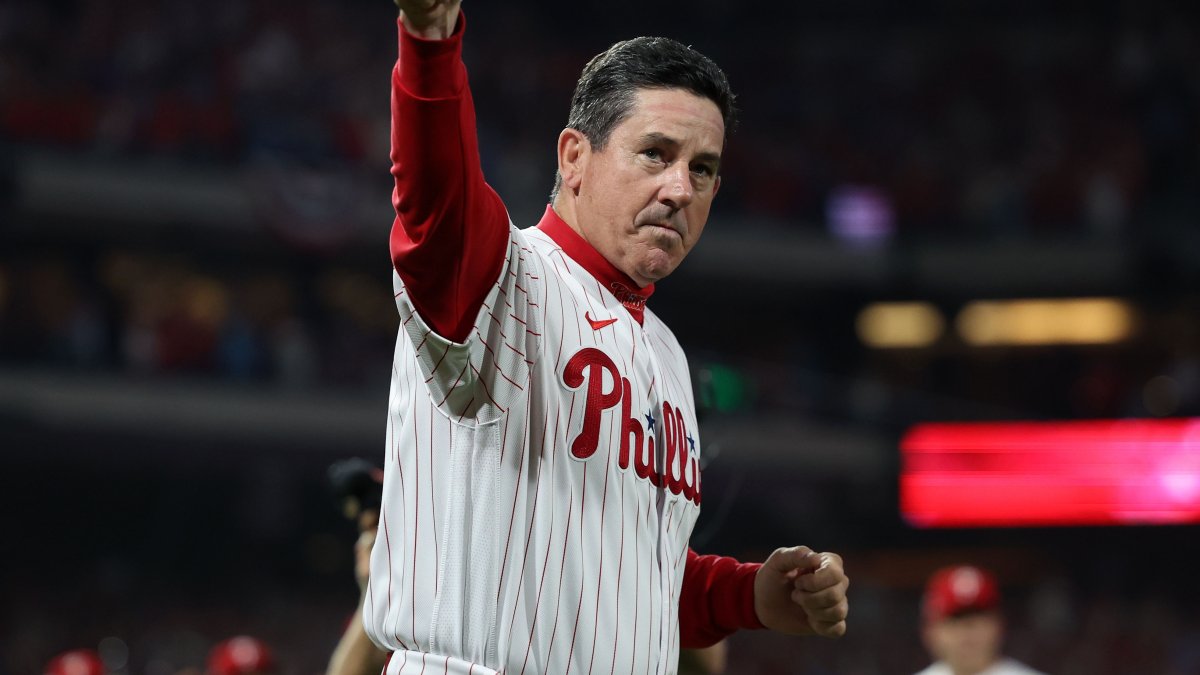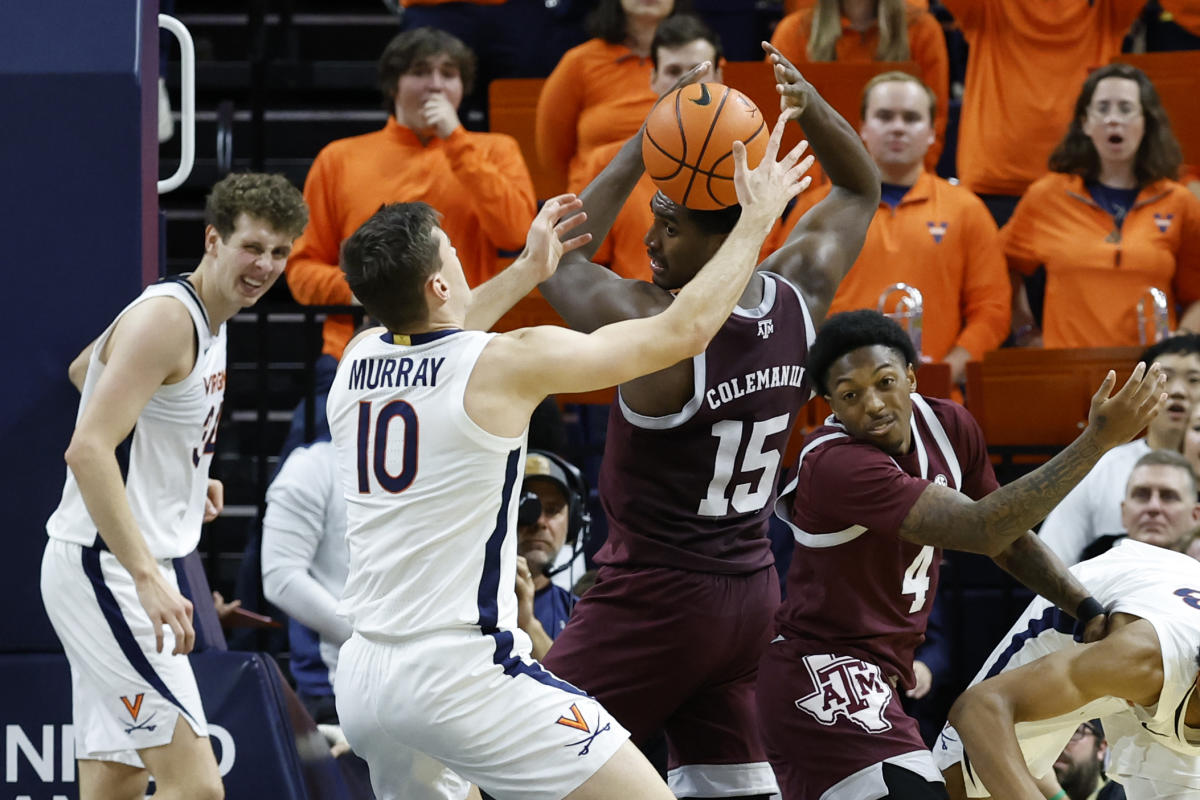With the World Series wrapping up, the Chicago Cubs are faced with a pressing question: what is their approach to Cody Bellinger in free agency? Team president Jed Hoyer, in his first role as the No. 1 decision-maker, must make a crucial decision. The Cubs are in a competitive window and have the potential to be strong contenders in 2024 with the right moves. Will Hoyer offer Bellinger the high-priced contract his agent Scott Boras will undoubtedly demand? Is Bellinger truly worth that kind of deal? Are there other, potentially better options for the Cubs to explore?
To shed light on the Cubs’ search for a powerful bat in their lineup, The Athletic reached out to several anonymous talent evaluators in baseball. The consensus among these evaluators was that Bellinger, despite his recent struggles from 2020 to 2022, still has the potential to age well. While they did acknowledge his weak contact numbers, they did not consider them significant enough to deter them from considering offering Bellinger a lucrative contract.
According to Scout A, Bellinger is an exceptional athlete and one of the best in the MLB. Even if his running ability declines or if he transitions to right field, he is still expected to perform well defensively. Scout B also praised Bellinger’s physical prowess, stating that he possesses a body and athleticism that should age gracefully. Scout C echoed these sentiments, emphasizing Bellinger’s strength, quickness, and coordination despite his occasional unorthodox actions.
However, Scout C also acknowledged the challenge in projecting Bellinger’s offensive profile given his recent comeback year following a couple of down seasons. They noted that Bellinger’s improved contact rate and utilization of the entire field could impact his overall output, but they still anticipate him performing at an average to above-average level if he can sustain these changes.
Another scout added that while it may not be realistic for Bellinger to replicate his 2023 season with a 134 wRC+ (weighted runs created plus), they believe he is likely to settle in the range of 115-120 rather than experiencing a significant decline. They also described his performance last year as favorable despite not consistently hitting the ball hard. They likened him to hitters like José Ramírez and Yordan Alvarez, who possess an airtight approach to hitting.
Bellinger’s defensive capabilities are also a factor in the Cubs’ decision-making process. Cubs hitting coaches urged him to embrace his athleticism during the summer to rebound from injuries from the previous seasons. They emphasized improvements in his hand positioning and hip movement during his swing. Scouts lauded Bellinger’s special ability, impressive bat speed, and his ability to cover both sides of the plate. They acknowledged that even if he were to experience a 20% erosion in these skills over the next couple of years, he would still be a highly talented player.
In assessing Bellinger’s recent seasons, the evaluators acknowledged his decline in performance in 2021 and 2022 due to injuries. However, they were optimistic after witnessing his 2023 season. While they didn’t discount the previous three years, they highlighted his return to elite form and dominant play at the age of 28. They anticipated that the first few years of a long-term deal with Bellinger would be strong but acknowledged the uncertainty that lies beyond that.
Bellinger’s mental approach was also a significant aspect of his performance. Scouts believed that luck played a role in boosting Bellinger’s confidence and preventing major adjustments to his mechanics. While his expected stats were slightly below what he produced, they still rated as above-average with normal luck. His hard-hit percentage and average exit velocity were the lowest of his career, but his strikeout rate hit a career-low. Hitting coach Dustin Kelly attributed Bellinger’s soft contact to his focus on making contact with two strikes. This aligns with the evaluators’ view that Bellinger was willingly sacrificing power to put the ball in play.
All four scouts agreed that the approach of prioritizing contact with two strikes is a valuable skill. They commended Bellinger for adapting in that manner and considered him a better-than-league-average hitter, despite the less impressive metrics. They highlighted Bellinger’s ability to find ways to make contact rather than strike out, resulting in increased batting average on balls in play (BABIP).
The data supports this notion, with Bellinger’s average exit velocity decreasing in two-strike situations. However, his performance with two strikes was significantly better with a .418 batting average and .616 slugging percentage. Evaluators are generally optimistic about Bellinger’s production, although they acknowledged that his performance may not reach MVP-caliber levels. Still, they believe he is better than his previous two seasons and expect him to deliver solid performance going forward.
In conclusion, the Cubs face an important decision regarding Cody Bellinger in free agency. While there are uncertainties surrounding his performance, scouts and talent evaluators are generally positive about his potential. Bellinger’s athleticism, adaptability in two-strike situations, and mental approach contribute to their confidence in his ability to age well and provide quality offensive output. Ultimately, it remains to be seen how the Cubs will approach this critical decision.

David Rodriguez brings the excitement of Major League Baseball to readers. With a deep appreciation for America’s pastime, he covers the latest MLB news, scores, and player achievements, keeping fans up to date with their favorite teams and players.




:no_upscale()/cdn.vox-cdn.com/uploads/chorus_image/image/72931262/usa_today_21973134.0.jpg)


